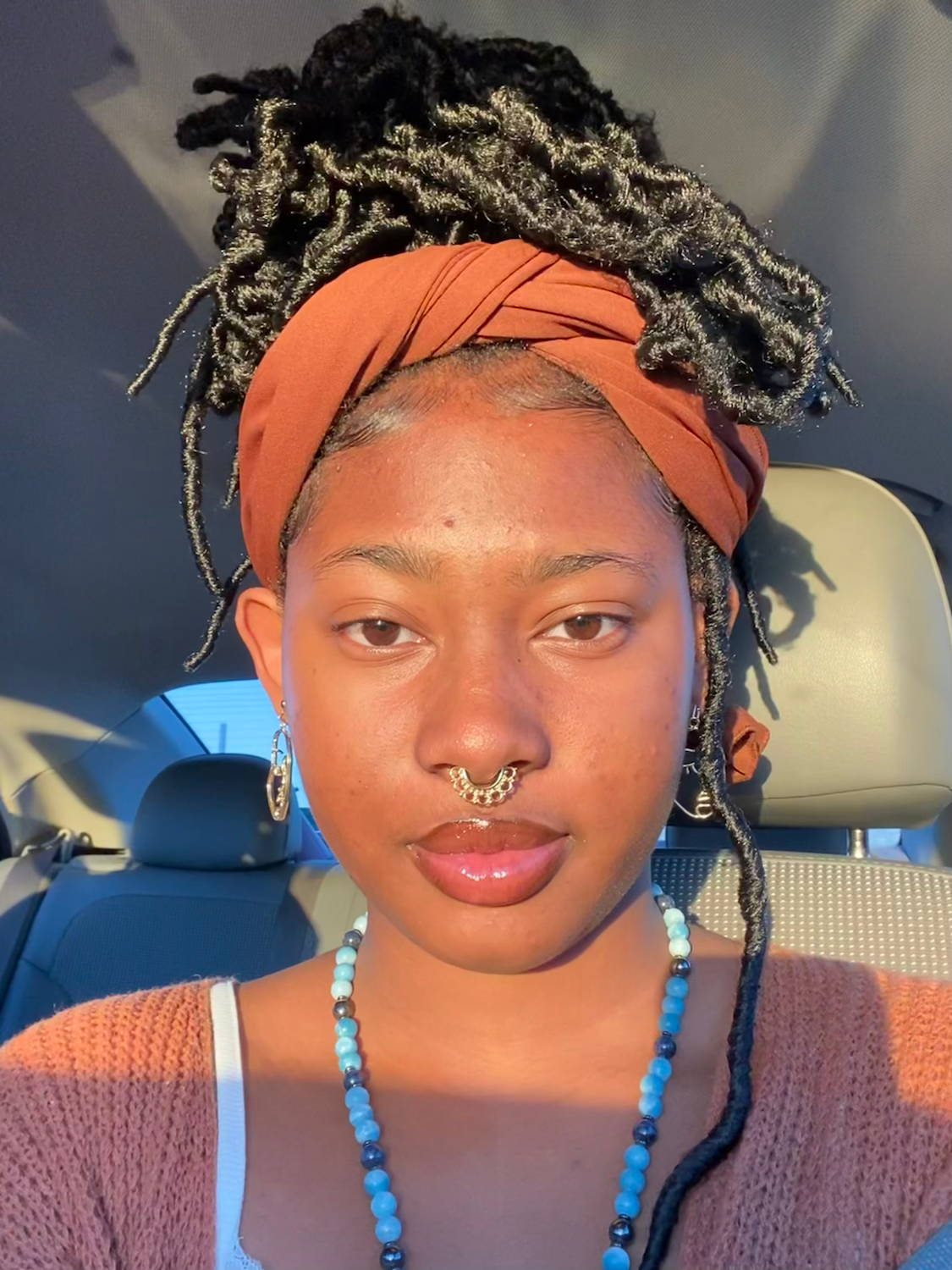It Would Be Different If, an analysis
- Ni’Asia Ali

- Dec 16, 2021
- 4 min read
It Would Be Different If ANALYSES.
What if the narrator of a story was lying? Delusional even? This may be so in the literary work, It Would Be Different If, by Maggie Mitchell which focuses on the story of a heartsick girl dreading the outcome of her high school relationship. Niki, our narrator, introduces the story by explaining how her teenage love chooses somebody else. Forwarding a couple of years, she illustrates a scenario she wishes to be true: she is doing somebody’s hair, her old lover walks in and gets his hair done by her, tension is sure to rise, and she is convinced that in due time he will realize his “mistake” and come back to her. The narrator can be perceived as a woman grieving the loss of a relationship, but evidently, she shows to be an unreliable author through her thoughts and actions; rising the suspicion that she may be suffering from a lack of self-awareness causing her to create unhealthy delusions. Ultimately, the purpose of the story is to show that holding onto a relationship that may never come back prevents Niki from moving on in life, which is conveyed by the narrator’s use of indirect characterization.
How Niki feels about things can be interpreted through the way she acts throughout the narrative. The narration explaining the events Niki goes through describes the incessant suffering she experiences. Niki and her lover are at a shipyard with multiple friends, and she is annoyed that another girl is there, the girl he inevitably chooses over her. When Niki says, “…we’re splitting into groups. I’m standing on the dock, a beer in my hand. I’ve had a little too much to drink already, probably, because everything seems very dark, slightly confused” it is showing her sufferance (Mitchell, 154). As described in the passage, the narrator is turning to unhealthy coping mechanisms—becoming alcoholic—to fill the void of her ex-relationship. The narrator telling a memory of when she was drunk makes her unreliable. The narrator even admits “That much I remember. I’ve heard variations on this story from everyone, over the years.” (Mitchell, 154). Only knowing how she felt and minor details about the time, the audience cannot properly rely on Niki to tell the story accurately. Making the question of, is what she saying correct? Throughout the reading she describes the things around her with negative light; this being a significant example of what the story’s purpose is. The author intends to show the main character’s (Niki’s) response to her breakup. Displaying a common theme within literature works, of love and betrayal. “I wasn’t supposed to be one of those people, the unmarriable ones,” (Mitchell, 155). This quote in particular shows Niki feeling bitter, indirectly illustrating her feelings.
As the reader dives deeper into the story it becomes clear that the narrator is highly infatuated, and some may say obsessed, with her ex-boyfriend. Presumably, they live in a small town, but it is undoubtedly concerning how many times she claims to have seen him years later: at the post office peering in the mailbox, at a restaurant with his kids, and even at the gas station. She then becomes quite questionable after mentioning that she intentionally stays to make him see her at the post office or how she drives by without him noticing her. In this moment of the story, it has been years, they are no longer teenagers. Yet, she watches over him, memorizing his habits. How he goes to the bar consistently, leaving with women that are not his wife. She feels pity for his wife but claims she understands because “it’s all wrong” anyways. The monologue and actions presented in the story make the audience question: why hasn’t she moved on? Tying back to how being consumed with him makes Niki lose sight of reality and prevents her from moving on in life.
Niki is lost in her own imagination, continuing to ignore reality. Niki continues to dwell on the past, unquestionably attached. She begins talking about a fantasy she envisions, one where he has troubles in his relationship and seeing her again makes him realize his “mistake” in not choosing her. She imagines herself doing someone’s hair (possibly a beautician) when he walks into her shop. Once he is seated to have his hair done, she pictures them locking eyes briefly in the mirror, naturally, there is surely tension. He gets up, glances back, touches her hand before walking out the door to his truck, without a word and without paying (which is confusing in itself). Some may still argue that she is a heart-struck girl with false hope, but that would not explain the next part where she says, “…sweep up [his] short brown hairs. I can’t throw them away, so I tilt the contents of the dustpan into one of the nice creamy envelopes I use for gift certificates.” This quote reveals (if prior evidence didn’t already) that the narrator has a large obsession with her ex-boyfriend which stems from the resent and pain she felt when he left her. She claims that he has “ruined her life” and “betrayed” her once he moved onto somebody else, but she still decides to wait for him and convinces herself that he’ll come back, that things will be different.
It is possible that the main character and narrator of the short story, It Would Be Different If, has created unhealthy delusions about the relationship with her ex-high school boyfriend. Without proper and reliable background information of the couple, one can only predict he left her for a proper reason, but she has yet to get over it. The pain and suffering she has endured manifested itself into obsession and attachment. She confuses what is real and what is just her imagination.
References
Mitchell, Maggie. “It would be Different If.” 2011.






Comments